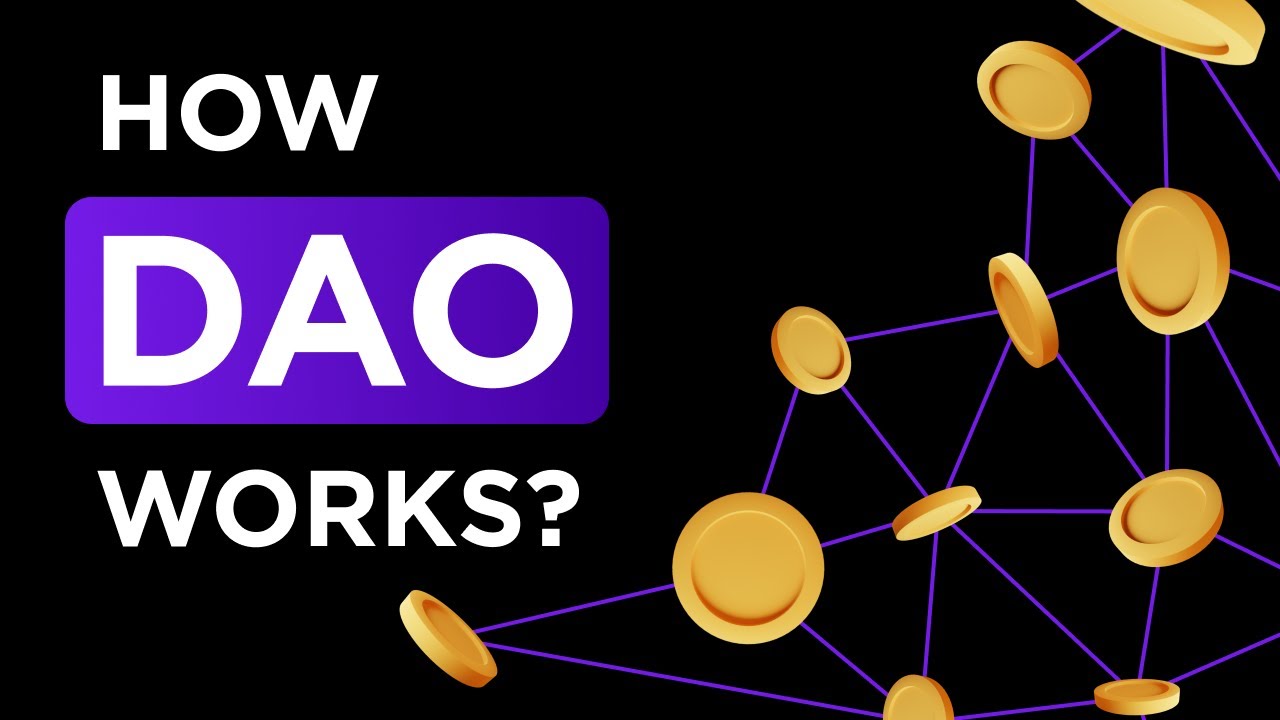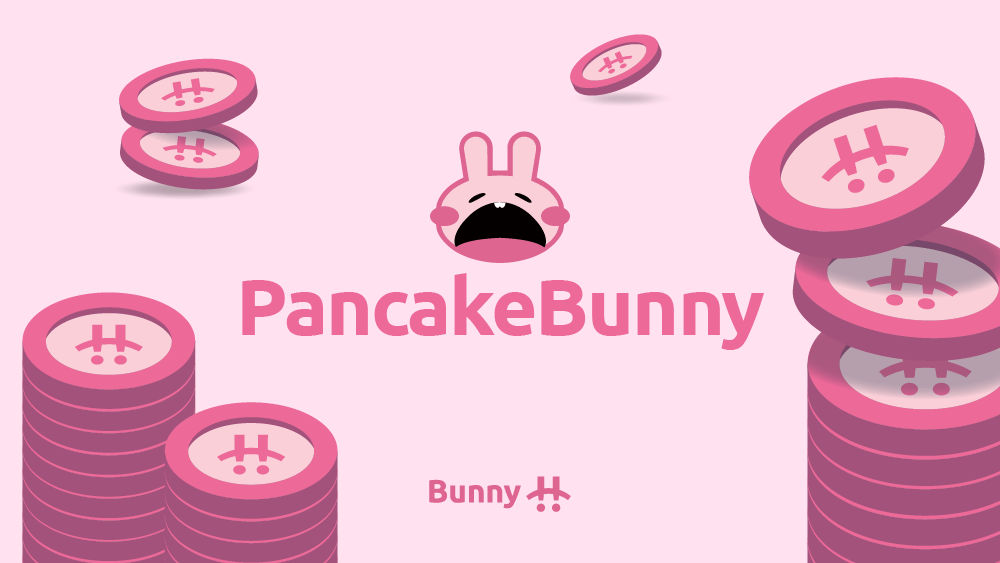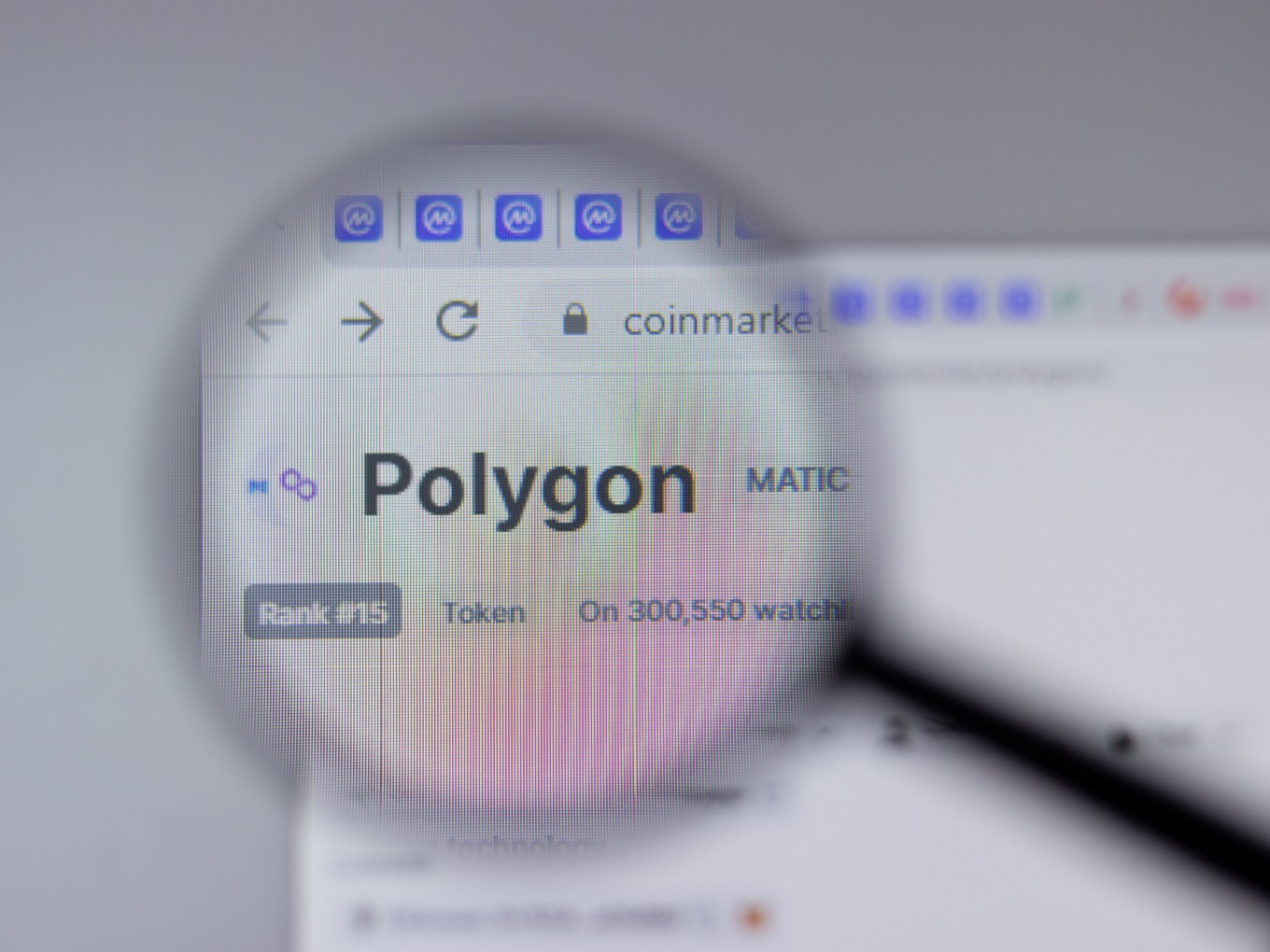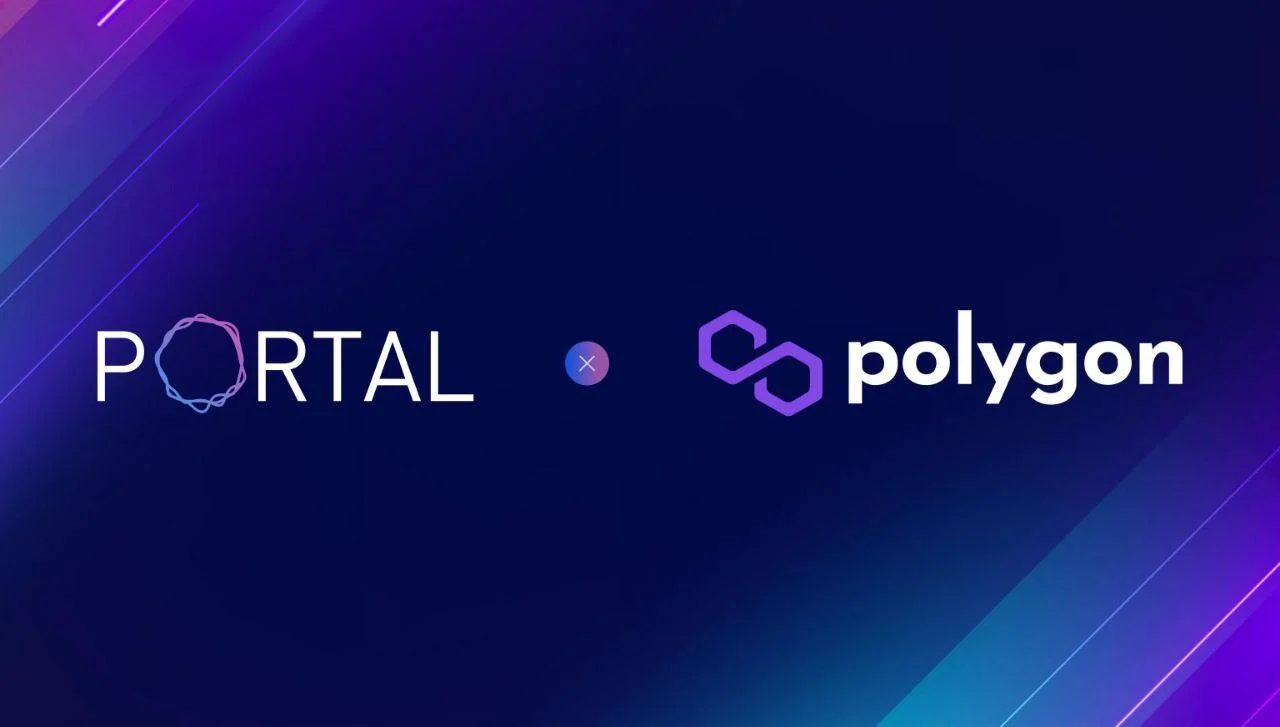Decentralized Finance (DeFi) has been making waves in the world of cryptocurrency and finance. Among the various innovations within DeFi, Decentralized Autonomous Organizations (DAOs) stand out as a fascinating concept that has the potential to reshape the way we think about organizations and governance in the digital age. In this article, we will delve into the world of DAO explained, exploring what they are, how they work, and their significance in the realm of DeFi crypto.
Understanding DeFi and Its Significance
DeFi, short for decentralized finance, is a revolutionary movement in the cryptocurrency space that aims to create an open and permissionless financial ecosystem. DeFi apps and platforms have gained immense popularity due to their ability to offer financial services without the need for traditional intermediaries. These platforms leverage blockchain technology to provide users with access to lending, borrowing, trading, and yield farming opportunities, all while maintaining transparency and security.
The Birth of DAOs in DeFi
Within the DeFi crypto currency realm, Decentralized Autonomous Organizations, or DAOs, have emerged as a unique and innovative concept. A DAO is essentially a digital organization that operates autonomously through code and is governed by its members’ consensus. It utilizes blockchain technology and smart contracts to automate decision-making processes and manage resources, all while removing the need for centralized control.
The Inner Workings of a DAO
DAOs are built on blockchain platforms like Ethereum, which enable the creation of smart contracts. These smart contracts serve as the foundation for the DAO’s operations. Members of a DAO, often holding a specific cryptocurrency or token, participate in decision-making by casting votes. The voting power is typically determined by the number of tokens an individual holds, adhering to the principle of “one token, one vote.”
Governance and Decision-Making
One of the key features of a DAO is its governance structure. Top DeFi platforms are implementing DAOs to let users have a say in platform changes, upgrades, and investment decisions. When a proposal is submitted to the DAO, token holders can vote on it, and the proposal is executed automatically when a certain level of consensus is reached. This decentralized approach to governance ensures that the community’s interests are upheld.
The Role of Tokens in DAOs
Tokens play a pivotal role in the operation of DAOs. These tokens are often distributed to initial investors or contributors to the project and are used for voting and decision-making within the organization. Moreover, tokens can represent ownership stakes, entitling holders to a share of the DAO’s assets or profits, making them a valuable part of the DeFi investment landscape.
Transparency and Trust in DAOs
One of the primary advantages of DAOs in the realm of DeFi crypto is the transparency they offer. All transactions and decisions within a DAO are recorded on the blockchain and can be audited by anyone. This high level of transparency builds trust among members and the wider community, making it an attractive option for those seeking financial services without the traditional opacity associated with centralized finance.
Risks and Challenges in DAOs
While DAOs have numerous benefits, they are not without their risks and challenges. Security vulnerabilities in smart contracts can lead to exploits and hacks, potentially resulting in the loss of funds. Additionally, governance disputes and conflicts of interest can arise within a DAO, requiring robust mechanisms for conflict resolution.
DeFi Crypto Apps and DAO Integration
The integration of DAOs into DeFi platforms and apps is gaining momentum. Upcoming DeFi projects are increasingly exploring ways to incorporate DAO governance into their systems. This integration enhances user engagement and fosters a sense of community ownership, aligning with the decentralized ethos of DeFi.
The Future of DAOs in DeFi
As DeFi continues to evolve, the role of DAOs is expected to grow significantly. These digital organizations have the potential to disrupt traditional business models and financial systems, providing a more inclusive and transparent way of governing and operating. The upcoming years are likely to witness the rise of more innovative DAOs and their integration into various DeFi platforms and apps.
Decentralized Autonomous Organizations (DAOs) represent a pivotal development within the DeFi crypto space. Their ability to facilitate decentralized decision-making and resource management through blockchain technology opens up exciting possibilities for the future of finance and governance. As DAOs become more integrated into DeFi platforms and applications, they have the potential to reshape the financial landscape, making it more accessible, transparent, and community-driven. As we move forward, keeping an eye on upcoming DeFi projects and their implementation of DAOs will be essential to understanding the full scope of this revolutionary concept in action.




